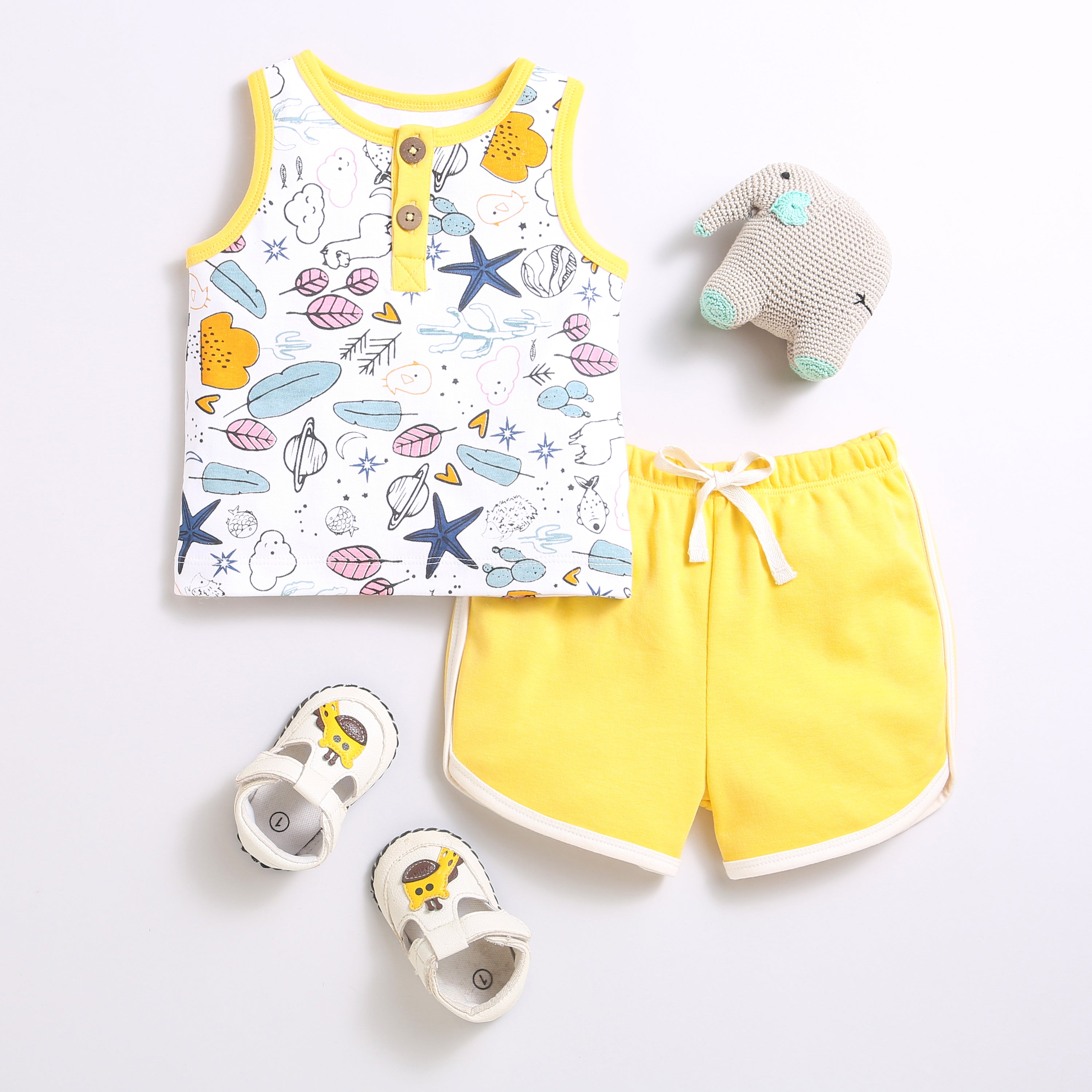As a loving parent, you want nothing but the best for your baby, and that includes the clothes they wear. One option that has gained popularity in recent years is organic cotton. Organic cotton not only provides comfort for your little one but also offers numerous benefits for their health and the environment. In this blog post, we will explore why choosing organic cotton for your baby is a wise decision and provide you with the information you need to make informed choices when it comes to their clothing.
-
Understanding Organic Cotton: To begin, let's delve into what organic cotton really means. Organic cotton is grown using methods and materials that have a low impact on the environment. It is cultivated without the use of harmful pesticides, synthetic fertilizers, or genetically modified organisms (GMOs). Organic farmers focus on sustainable practices that promote soil fertility, biodiversity, and water conservation.
-
Benefits for Your Baby's Health: One of the main reasons parents opt for organic cotton is because it is hypoallergenic and gentle on a baby's sensitive skin. Traditional cotton is often treated with chemicals and pesticides during production, which can cause skin irritation and allergic reactions. By choosing organic cotton, you can minimize the risk of your baby developing skin issues, such as rashes or eczema.
-
Environmental Impact: Another significant advantage of organic cotton is its positive impact on the environment. Traditional cotton farming consumes a large amount of water and relies heavily on pesticides, which can pollute soil and water sources. In contrast, organic cotton farming methods promote healthier ecosystems, reduce water consumption, and prevent chemical runoff. By supporting organic cotton production, you contribute to a more sustainable future for your child.
-
Quality and Durability: Organic cotton garments are known for their high quality and durability. They are often made with stricter manufacturing standards, ensuring that they are free from harmful chemicals and toxins. Organic cotton clothing tends to be softer, more breathable, and longer-lasting than conventional options, meaning your baby will feel comfortable while their clothes withstand multiple washes and wear.
-
Certifications to Look for: When shopping for organic cotton products, it's essential to look for reliable certifications. Some well-known certifications include the Global Organic Textile Standard (GOTS) and the Organic Content Standard (OCS). These certifications guarantee that the product meets specific organic standards and has undergone strict testing and verification.
-
Tips for Buying Organic Cotton Baby Clothes: Here are some practical tips to consider when purchasing organic cotton baby clothes:
- Look for labels that explicitly state "100% organic cotton" or mention the organic certification.
- Consider the fabric thickness and weight based on your baby's needs and the weather conditions.
- Check for additional features like nickel-free snaps or dyes made from natural, plant-based sources.
- Research reputable brands that prioritize sustainability and ethical practices.
When it comes to choosing clothing for your baby, opting for organic cotton is a responsible choice for their health, the environment, and long-term durability. By understanding the benefits of organic cotton and the certifications to look for, you can make informed decisions and ensure your baby is wearing safe, comfortable, and eco-friendly garments. Remember, every small step toward sustainability counts, and your choices as a parent can have a positive impact on the world your child will grow up in.








